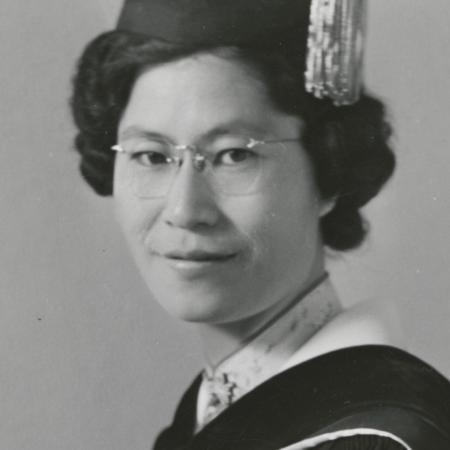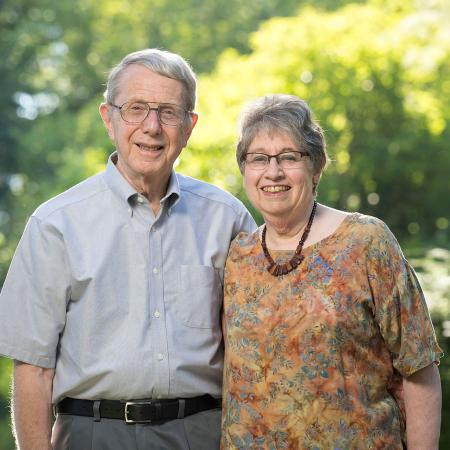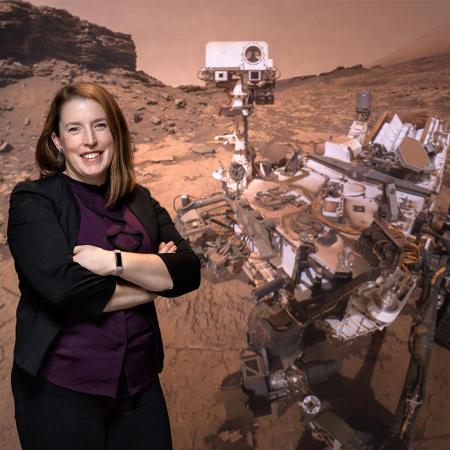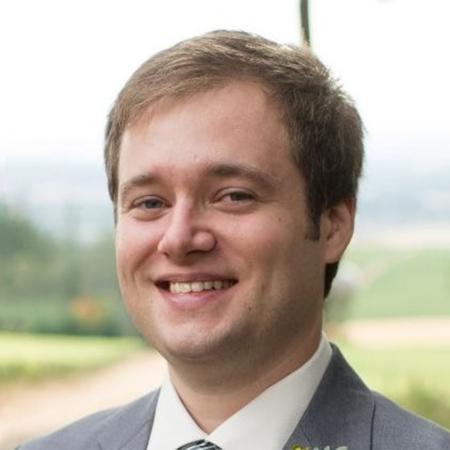Climate scientist Warren Washington (’58, ’60) was one of the first developers of groundbreaking global climate models. Using the fundamental laws of physics, his team created computer systems in the 1960s that simulated changes in the global atmosphere, land and oceans with unprecedented scope and accuracy. His principals have withstood generations of technological advancement and are still fundamental to atmospheric science today.
The importance of Washington’s contributions cannot be overstated. He has advised five presidents, explaining the role of human activities and natural processes in the Earth’s climate system. President Barack Obama named Washington one of 10 eminent researchers to be awarded the National Medal of Science in 2010. This tribute was the highlight of his professional life, he says.
Washington is a Distinguished Scholar at the National Center for Atmospheric Research (NCAR). He was first inspired to pursue climate science while a student in the College of Science. Physics professor Fred Decker offered him a job operating a weather radar on top of Marys Peak. Washington accepted and worked on weekends while earning his bachelor’s in physics and master’s in meteorology. That job experience and his physics education set the direction of Washington’s illustrious career.
“My Oregon State University science education provided me with fundamental tools to be successful in computer modeling of the Earth’s climate,” explains Washington.
Decker next invited Washington to be on a team of scientists making a computer atmospheric model at Stanford Research Institute. That project opened doors for him to earn his Ph.D. at Penn State, where was the second African American to complete a Ph.D. in Atmospheric Sciences. From there, he took a job with NCAR, where he has worked his entire career.
To future scientists, especially those now studying in the College of Science, Washington advises, “Keep an open mind about opportunities. I never knew I would be pioneering in making computer climate modeling and later doing studies on causes of climate change.”
Washington’s early models enabled scientists to calculate the impact of increasing greenhouse gas emissions and were instrumental to the findings of the 2007 Intergovernmental Panel on Climate Change assessment report, which was awarded a Nobel Peace Prize.
A prolific publisher and mentor to dozens of scientists, Washington built an international reputation as a leader in climate science. More than a pioneering researcher, he sought to share the critical findings of his work with those who can make the most difference. Washington has had Presidential appointments under the Carter, Reagan, Clinton, and Bush Jr. Administrations, and served as Chair on the National Science Board from 2002-06.
This year, the College of Science has awarded Washington the 2019 Lifetime Achievement in Science Award for his remarkable achievements that have brought “honor, distinction and visibility” to the university.
“Warren Washington is one of our most accomplished alumni. He fundamentally changed the way that we understand global climate by using computer modeling. Today, he makes us proud as an OSU alumnus by taking his message of climate change beyond the scientific community,” explains Roy Haggerty, dean of the College of Science.
Earlier this year, Washington was co-awarded the Tyler Prize for Environmental Achievement, often referred to as the Nobel Prize for the Environment,” along with well-known climate change expert Michael Mann, Washington is the first African-American to receive the prize in its 46-year history.
Washington will present the Fall Distinguished Lecture on Friday, October 11, 2019. Dr. Washington will discuss “The Historic Development of Climate Models and Geoengineering of the Earth’s Climate.”
The lecture will begin at 5:30 p.m. in the Construction and Engineering Hall at the LaSells Stewart Center. A reception welcoming Dr. Washington will be held at 5 p.m. Both events are free and open to the public.




